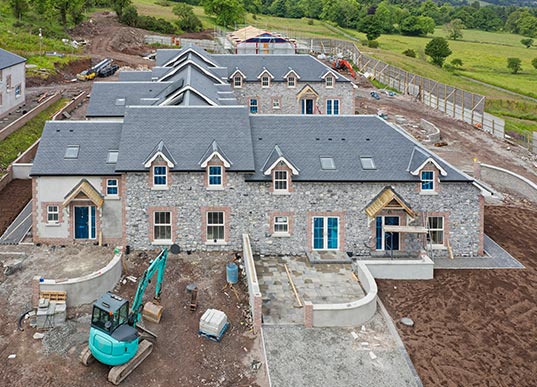What is a Preliminary Ecological Appraisal (PEA)
A Preliminary Ecological Appraisal (PEA) is the first step in establishing the ecological baseline of the site, and usually consists of an ecological desk study, assessment of the sites suitability to support protected species, and identification of habitats on site.
The purpose of a PEA is to identify likely ecological constraints and features of biodiversity value within and around the site, inform the design of the development according to these features, and assess the need for further ecological surveys which would likely be required as part of the planning application process, especially if the site is assessed as being likely to support protected or priority species.
Ecological Desk Study
An ecological desk study involves gathering existing information about designated sites, habitats and species within the site and surrounding area. Online resources and biological records centres provide great insight into what is known to be present in the area.
This information allows ecologists to predict ecological issues that may be encountered during the development process.

Habitat and Protected Species Survey
An ecologist will visit the site as part of the PEA to identify on-site habitats using UKHab classification, as well as assessing the sites suitability to support protected species, finding any evidence of protected species on the site, and performing a building assessment where required.
The results of the desk study and field survey will be prepared into a PEA report. The purpose of this report is to inform the client of the any ecological constraints associated with the proposed development. This report will include information about onsite habitats and their ecological value, the sites suitability for protected species, and advice on next steps regarding planning permission and further ecological surveys.

